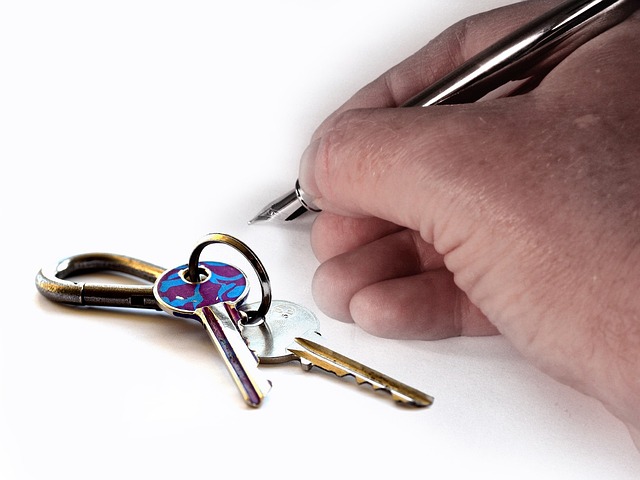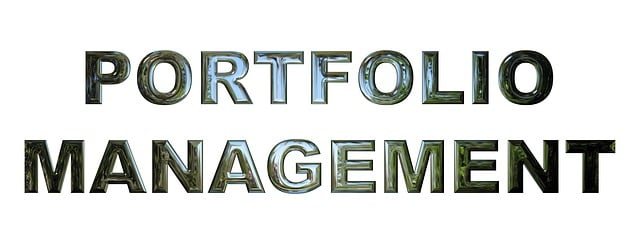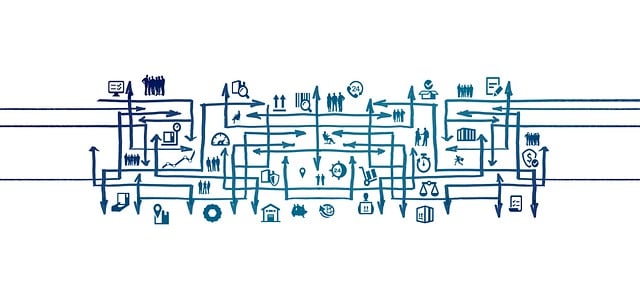In real estate, open communication between landlords and tenants is crucial for successful property management. By establishing robust channels like multiple contact methods and digital platforms, landlords ensure timely issue resolution and enhance tenant satisfaction. Regular check-ins, clear reporting guidelines, and in-person meetings promote alignment, encourage tenant feedback, and improve community harmony. This structured approach not only maintains property condition but also benefits investors by preserving long-term property value and increasing resident retention.
In the dynamic realm of real estate, effectively overseeing tenants and maintaining property conditions is paramount. This comprehensive guide delves into crucial strategies for seamless property management. We explore establishing open communication channels, fostering a culture of transparent interaction with tenants. Additionally, we detail structured maintenance programs and regular inspections to safeguard investments. Learn best practices for handling tenant requests and dispute resolution, ensuring a harmonious living environment.
Establishing Effective Communication Channels

In the real estate sector, establishing robust communication channels is paramount for successful property management. Effective communication ensures that both landlords and tenants are on the same page regarding maintenance expectations and issues. Tenants should feel comfortable reporting any property concerns promptly, whether it’s a leaky roof or a malfunctioning appliance. Regular check-ins and clear guidelines for reporting repairs can significantly reduce response times and enhance tenant satisfaction.
Landlords play a crucial role in facilitating open dialogue by providing multiple communication avenues, such as dedicated email addresses, mobile numbers, or even a property management app. Promptly addressing tenant inquiries not only fosters goodwill but also helps to maintain the property’s value by promptly addressing potential issues before they escalate.
– The importance of open lines of communication with tenants

In the real estate sector, fostering open lines of communication with tenants is paramount for a successful property management strategy. This two-way dialogue ensures that both parties are aligned and satisfied, which is crucial for maintaining a positive living environment. Tenants who feel heard and valued are more likely to take care of the property, report issues promptly, and even offer constructive feedback on how to improve amenities or address concerns.
Effective communication channels can range from regular in-person meetings to digital platforms that facilitate quick updates and discussions. By staying accessible and responsive, property managers can resolve tenant queries efficiently, enhance resident retention rates, and create a harmonious living experience. This approach not only contributes to the overall well-being of the community but also supports long-term property value preservation, which is a key interest for real estate investors.
– Creating a standard protocol for reporting and addressing property issues

In the real estate sector, establishing a structured approach to managing property issues is paramount for effective tenant oversight and maintenance. The first step involves crafting a comprehensive protocol that outlines the process for reporting and resolving property concerns. This protocol should be easily accessible to all tenants and property managers, ensuring everyone understands their roles and responsibilities. By standardizing this procedure, tenants can confidently communicate any maintenance needs, whether it’s a leaky faucet, faulty electrical outlet, or issues with the heating system.
A well-defined reporting system encourages timely communication, allowing property managers to promptly address problems before they escalate. This protocol can include specific guidelines on who to contact, how and when to report issues, and the expected response time for repairs. Regularly reviewing and updating this process based on feedback and changing circumstances ensures its effectiveness in maintaining the property’s condition and fostering a positive tenant-landlord relationship.






